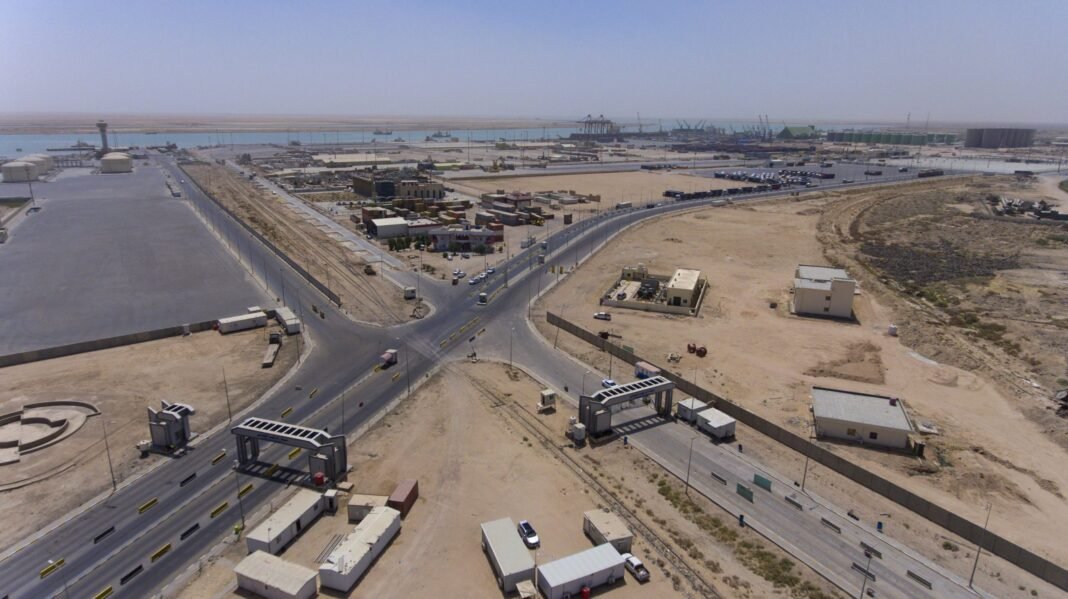Iraq Development Road continues to shape the country’s economic future with massive growth and opportunity. A new economic study shows the project will create 1.6 million jobs and attract $150 billion in investment, positioning Iraq as a key trade link between Asia and Europe.
Mohammed Al-Najjar, CEO of the Iraq Development Fund, said the Development Road is key to Iraq’s Vision 2050. The project aims to turn Iraq into a major economic hub with new railways, highways, energy pipelines, internet networks, and economic cities.
According to Al-Najjar, the study completed by the consulting company Oliver Wyman showed that the project has huge potential to reshape Iraq’s economy. However, the study confirmed the job creation capacity and the level of investment Iraq could receive from international partners. Iraq Development Road will bring a long-term transformation to trade and industry across the country.
The next stage will be an international ministerial meeting where Iraq will share the study results with partner countries. As well as, this meeting will also mark the official start of attracting international investors. Al-Najjar mentioned that many global infrastructure funds and the European Union have already shown strong interest in joining the project. The government expects this support to speed up the process and strengthen foreign cooperation.
Iraq is also planning to establish two new institutions to manage the project. One will focus on the commercial and business side, while the other will handle the sovereign and governmental aspects. In addition, These organizations will help manage investments, ensure transparency, and support smooth coordination with international partners.
The Development Road will stretch for 1,200 kilometers, beginning at the Grand Faw Port in southern Iraq. This port will serve as the main gateway for global trade passing through the country. However, Once it becomes fully operational, Iraq Development Road will create an essential link between the Gulf region and Europe, cutting travel time and increasing trade efficiency.
As Al-Najjar emphasized, the project will not only improve Iraq’s infrastructure but also boost tourism, logistics, and digital connectivity.


